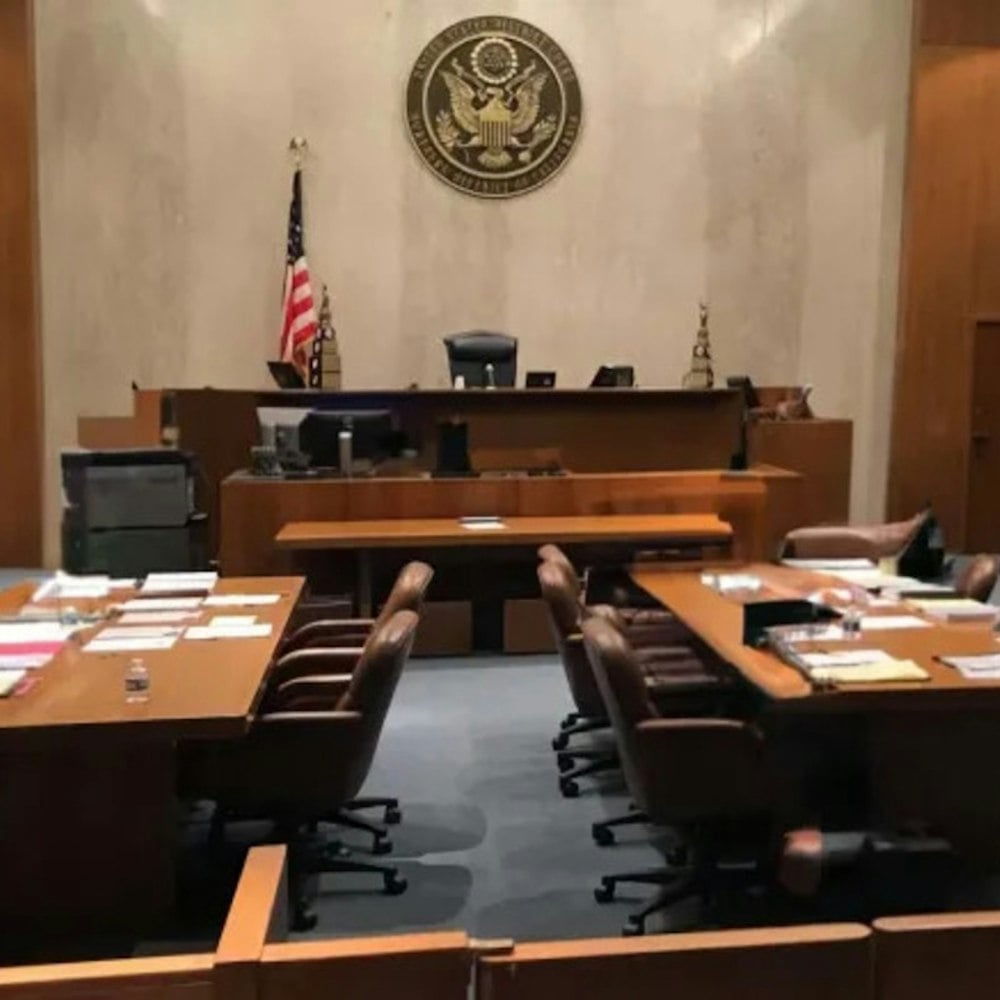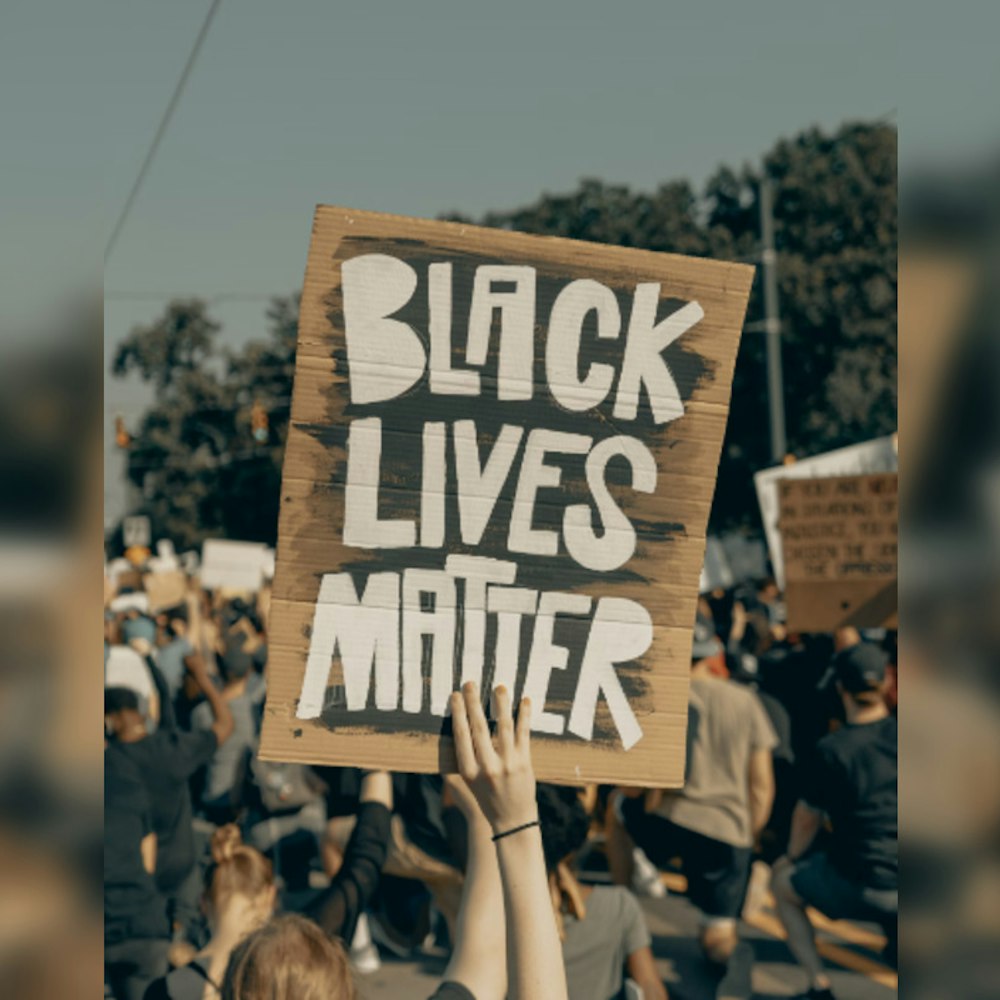
An investigation led at least 17 individuals have lost their lives in Florida over a period of a decade after being sedated by medical personnel during confrontations with law enforcement. This disturbing trend was found to span multiple locations throughout the state, including three incidents in Orlando, others in cities like Tallahassee, Tampa, and West Palm Beach, and specific cases involving Miami-Dade Fire Rescue paramedics. The investigation has shone a revealing light on the darker corners of police encounters, uncovering over 1,000 nationwide deaths resulting from the employment of physical force or less-lethal weaponry by officers, sedatives included, according to The Associated Press.
Reported by NBC Miami, the use of sedatives was intended to subdue individuals who prior to the police encounters, appeared combative due to either drug influence or psychological distress, enabling safe transport to medical facilities. Despite these intentions, critics protest against the non-consensual use of these drugs during such encounters, labeling it excessively risky. With Florida at the forefront for such practices, concerns grow as the controversy surrounding the use of sedatives, like ketamine and midazolam, persists.
Florida medical authorities have been notably proactive, particularly after a 2006 grand jury in Miami-Dade County endorsed the intranasal application of midazolam post-Taser incidents. Promptly adopted by Miami-Dade paramedics, the recommendation stirred anxiety over potential respiratory side effects, but the method was nevertheless disseminated amongst various emergency medical agencies across the state. As reported by WESH, the Florida cases implicated several sedatives, including the antipsychotic medication ziprasidone, each with intrinsic hazards.
Amidst the debate, Eric Jaeger, a prominent emergency medical services educator, pressed the point, telling The Associated Press, "Now that we have better information, we know that it can present a significant danger regardless of the sedative agent used." The investigation which was conducted in partnership with FRONTLINE (PBS) and the Howard Centers for Investigative Journalism, reveals that these interventions proposed as responses to "excited delirium," have fallen into disfavor as the dubious syndrome, with origins in the 1980s Miami, is increasingly rejected by medical professionals.
This report forms a part of a larger ongoing investigation into police use of force, an effort involving The Associated Press jointly with the Howard Center for Investigative Journalism programs and FRONTLINE (PBS). The project includes the Lethal Restraint interactive story and database, alongside a documentary, “Documenting Police Use Of Force,” scheduled to premiere on PBS on April 30.









